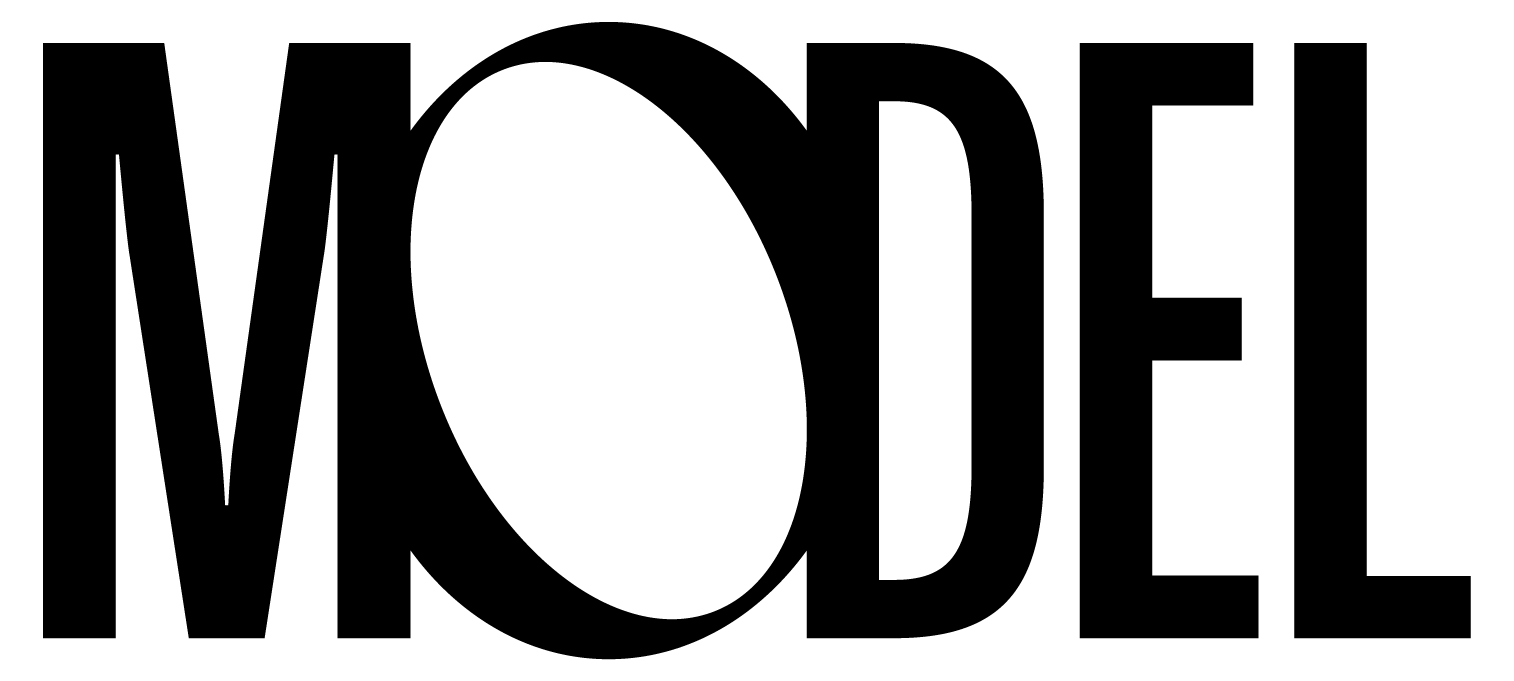We want to set goals we can actually reach.
Our actions are based on set values and clear rules. We are convinced that environmental laws and economic laws go hand in hand: they are two sides of the same coin. This belief feeds into our vision and gives rise to the goals we want to reach.
We also make sure nothing is lost in the process of reaching these goals. Waste is something we do not want, particularly in the midst of the bureaucratic pressure that comes in the wake of ever-increasing compliance requirements. We act carefully, precisely, truthfully and attentively, and create value. We accept responsibility towards our customers, partners, employees and the environment, and create value.
Letter from the CEO: Mainstream or sustainability?
“Sustainable” is when everyone works to strengthen their immune system and responds calmly to the phenomenon of the Pandemic. “Unsustainable” is spreading fear that also goes viral, weakens the immune system and fuels the demand for "emergency use permit" vaccinations, which further weakens the immune system.
It is also strange when fear-mongering on the climate issue promotes sustainability at the same time. In this vein: Creating a lot of contradictions to create a lot of confusion so that people will then gratefully grasp at the order-making straw of politics. But we are pleased that we have been in the circular economy for 140 years.
Joy is what endures, and it does that better than any currency. Central banks are constantly creating new money out of thin air. But the associated counterpart has not yet been made and savers are being hurt by negative real interest rates. A currency cannot last if it is torn between state monopoly money and global currency markets, and its citizens wonder why they have to work for money when they can do so at the touch of a button. Inflation thus induced, derived from "inflare", meaning “blowing”, is an illusion, hence unsustainable. It only gained widespread attention when it was extended to consumer goods.
Switzerland is surrounded by countries that are part of a monetary experiment that is politically motivated and economically divorced from reality. Shortly after the introduction of the euro, the indebted country becomes the world's export champion because its currency is weaker than it should be, and other southern countries have to be 'bailed out' by massive transfer payments because the currency is stronger than it naturally should be. It is also too cheap and thus attracts debt. The European Central Bank threatens with more 'bailouts at any cost'. At the moment, almost all central banks cover their fields of activity with some form of monetary socialism. This lowers the barrier which, in the event of a pandemic, deprives citizens of freedom of trade and enterprise. The over-indebtedness of the public sphere is thus transmitted to the private sphere. Will the confusion between money and capital continue until capital, with its monetary valves fully open, is completely absorbed by the society receiving pensions? In the context of such corrupt, crony and unteachable societies, the desire for sustainability must grow. The lack of structural anchoring of sustainability leads first to a broadening of its very concept.
That is why I question the credibility of states and institutions that waste taxpayers' money, use emergency measures and repressive force, and impose sustainability regulations on us. So even the effort to produce a sustainability report has a bureaucratic overtone. Should we talk less about sustainability and focus more on it? The truth will eventually emerge. However, this presupposes an initial trust, which is now being driven away by fear-mongering on all sides. Anyone who promotes silence is already suspect. Discretion was once a virtue – where has it gone? Our strange times have thus managed to reverse the saying "speech is silver, silence is golden". Do news pressures of all kinds want to convince us that silver is worth more than gold?
The noise of speech may also be driven by the mouth's constant indignation at its subservience to both ears. How easily it succumbs to a seductive equality that leads to both sides suffering. The mouth must say more than it is meant to, so that empty, unreflected, discordant, stuttering or lying sounds come out. And the ears have to hear more than they can bear, and they begin to speak. That's why so many people want to shut down!
However, I can make it short: Our constant transformation of the old, used and discarded into something new, beautiful and important is an example of sustainable value creation par excellence. For us, economics and ecology come from the same family – you have heard it now.
Weinfelden in September 2023
Daniel Model
Our actions
Reporting Approach
This Sustainability Report covers 2017 to 2022.
This Sustainability Report encompasses all the activities and key figures of every company within the Model Group.
This report has been drafted in compliance with the GRI standards, ‘Core’ version. The Sustainability Report itself has not been reviewed by an external expert.
GRI disclosures
Documentation of GRI indicators
This report complies with the Global Reporting Initiative (GRI) standards and aligns the key aspects of the GRI with the four pillars of the Model Group’s sustainability strategy.

